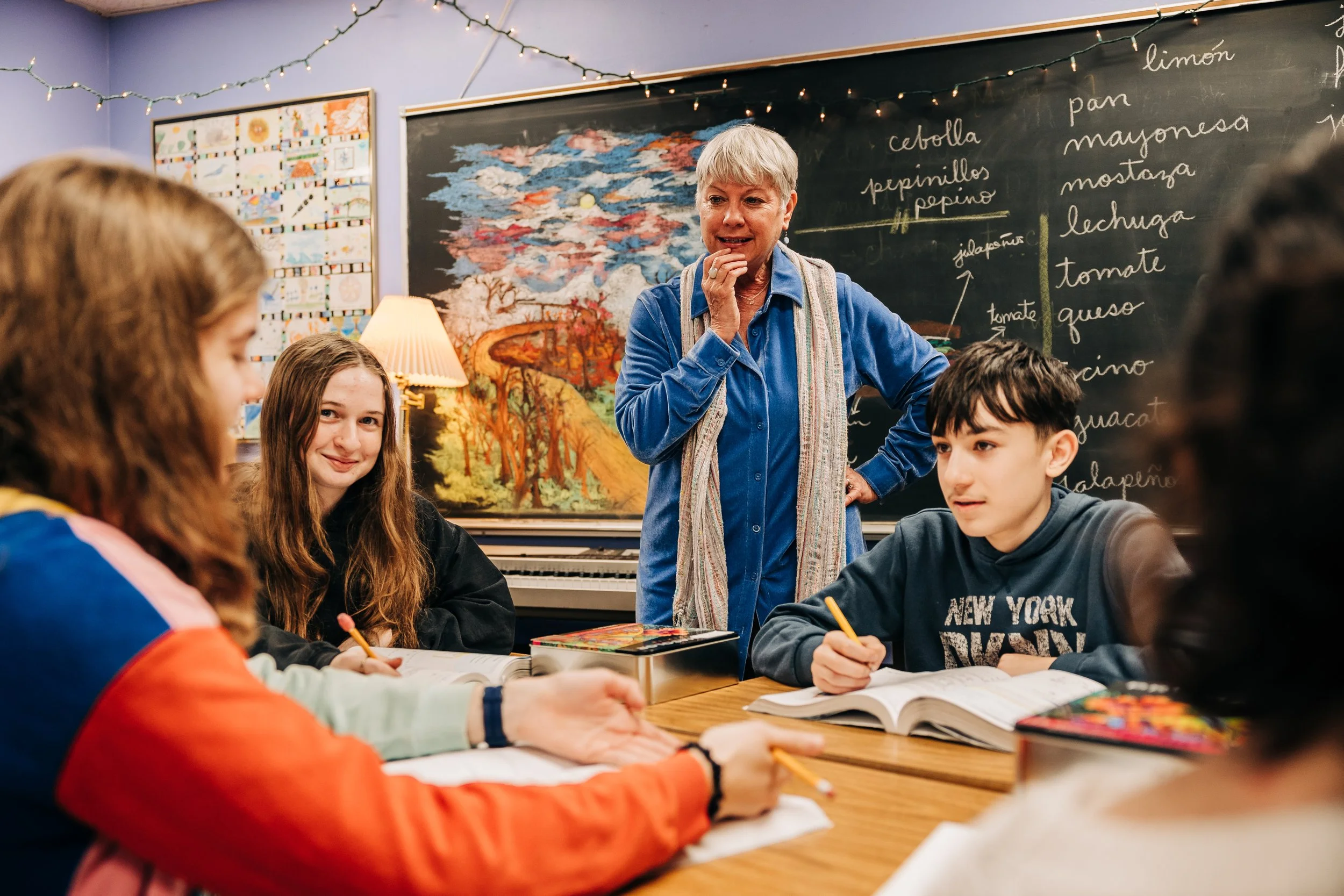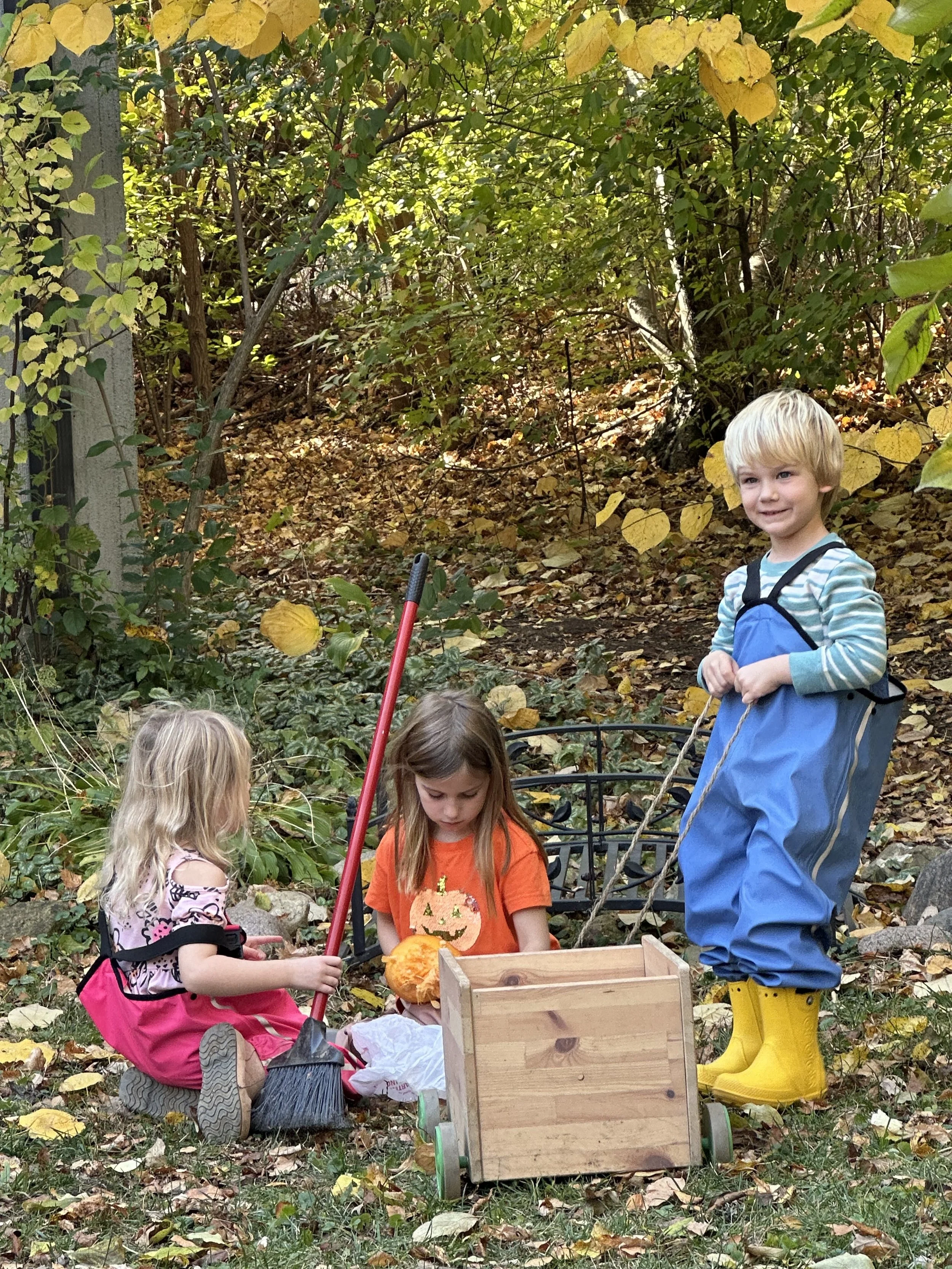The Windrose Journal
A Waldorf Blog
The Windrose Journal is a grounded, thoughtful space where stories, reflections, and insights from the Waldorf School of DuPage community come together—past, present, and future. Like a compass rose, it helps orient families, educators, and alumni as we navigate the evolving world of Waldorf education and child development. Here, you’ll find a meaningful blend of tradition and innovation, sharing voices that illuminate the heart of our school. Whether you're seeking inspiration, perspective, or connection, The Windrose Journal offers guidance rooted in experience and purpose.
You can explore posts by topic or simply scroll down to see our most recent content. Happy reading!

Candlemas: Holding the Light Between Winter and Spring
Candlemas marks a quiet turning of the year, when winter still surrounds us but the returning light can finally be felt. This gentle festival of light supports children during late winter, nurturing patience, inner warmth, and trust in the rhythms of nature.
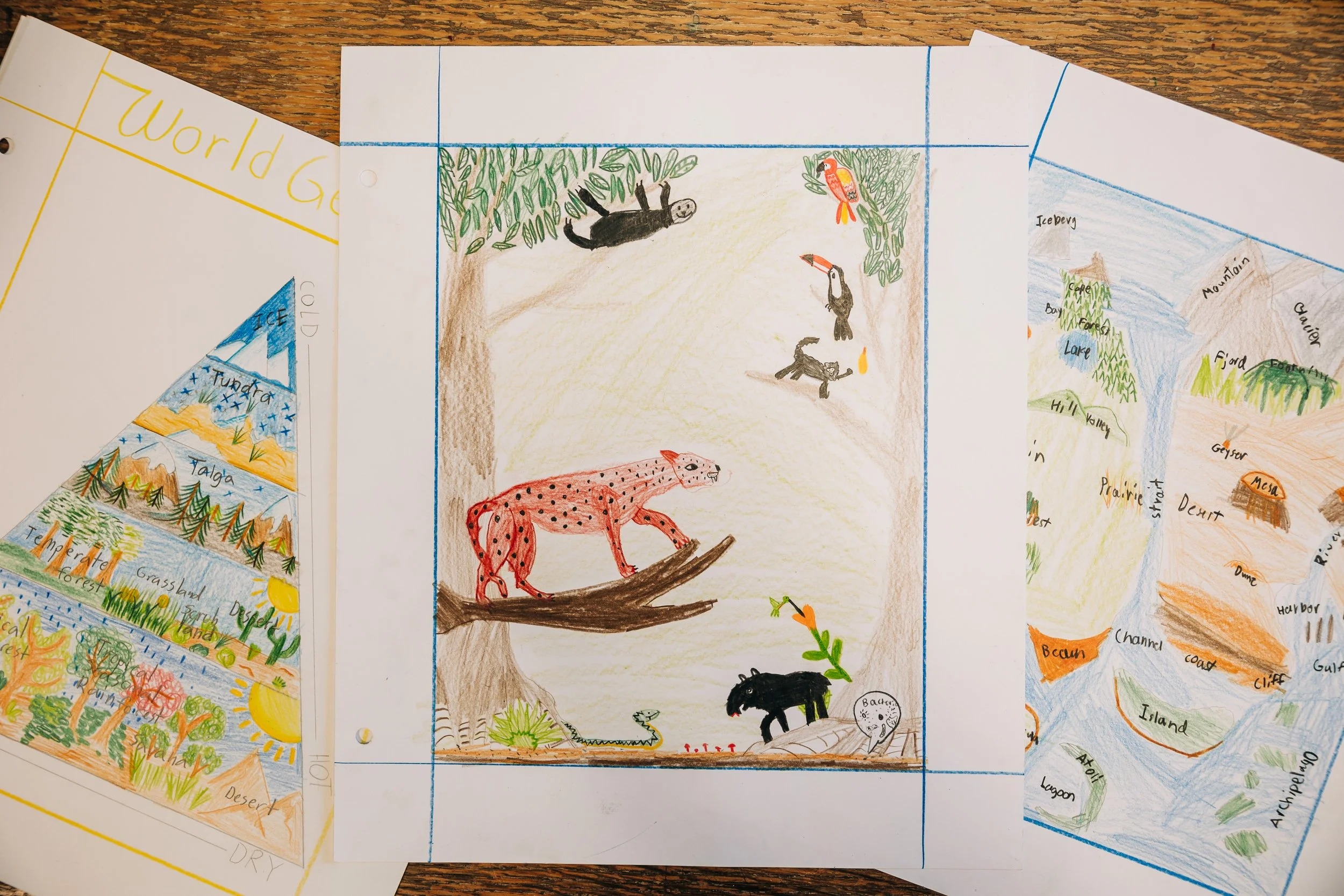
Why a Spiral Curriculum Matters for Your Child
Waldorf education uses a spiral curriculum, meaning children return to important ideas again and again as they grow; each time with deeper understanding. This developmentally informed approach supports confidence, curiosity, and lasting learning for children and families world-wide, including the Chicago suburbs.
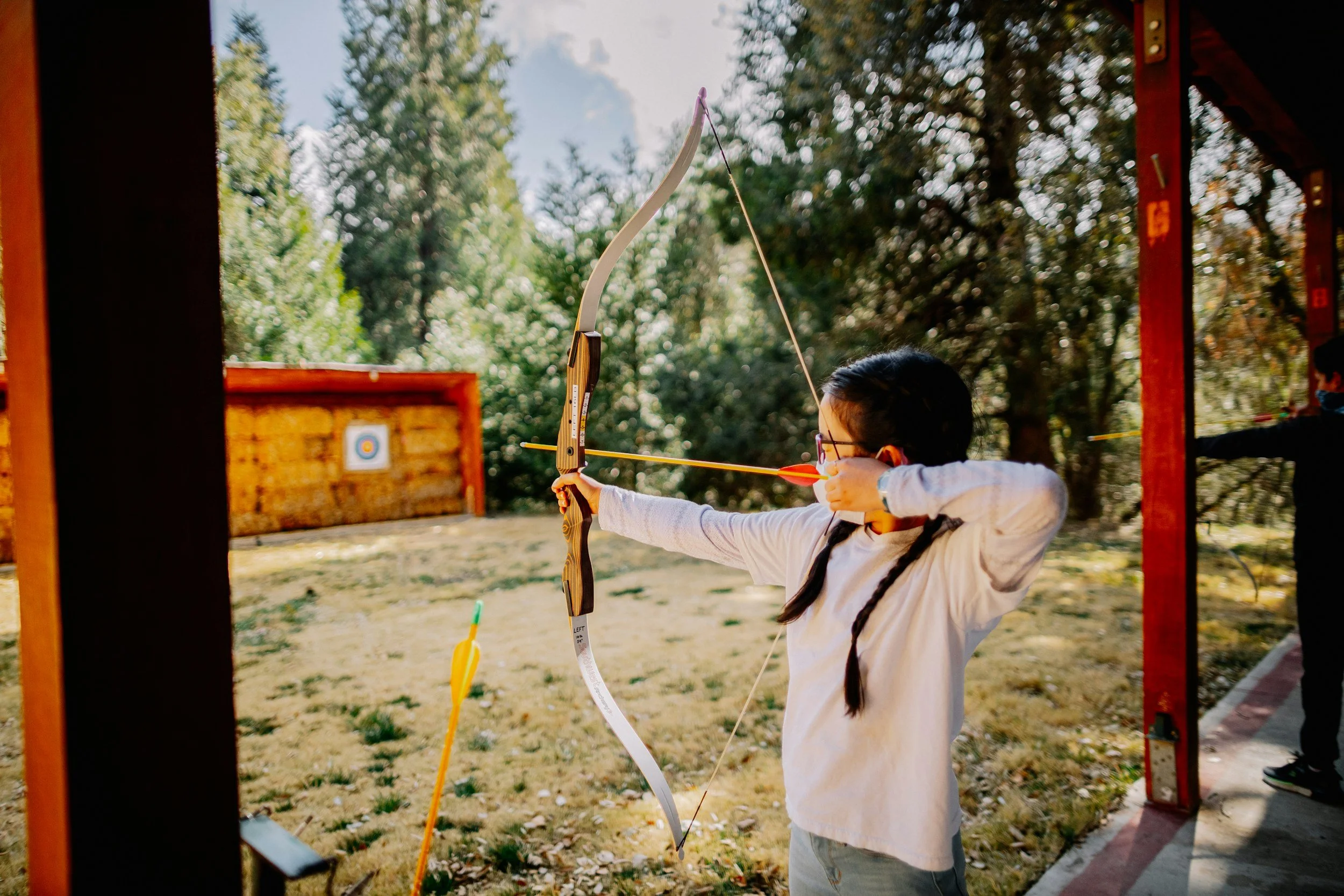
Life Skills for 6th Graders: Screen-Free Ways to Build Confidence and Connection
While it’s important to foster independence in middle schoolers, they still deeply need structure, warmth, and connection with trusted adults. The goal isn’t to push them away — it’s to give them opportunities to stretch while knowing you’re right there cheering them on.

Developmentally Appropriate Education Matters
Understanding what developmentally appropriate education looks like in the elementary years can make all the difference when choosing an educational path for your child. This post explores how honoring children’s natural growth in grades 1-5 supports academic success, emotional well-being, and a lifelong love of learning.
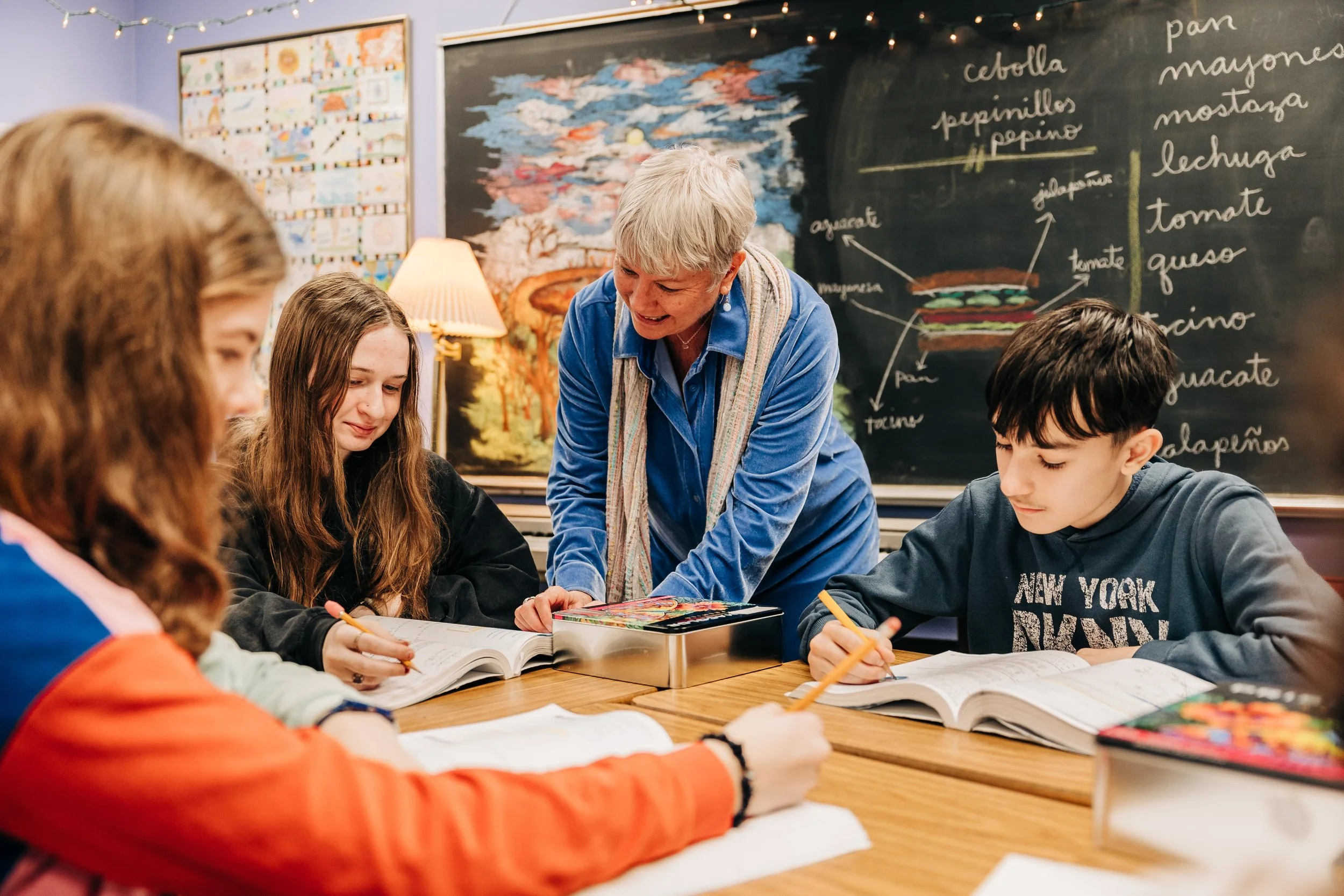
Developmentally Appropriate Education Supports Students Through Middle School (Grades 6–8)
Middle school is a time of rapid growth: academically, emotionally, and physically. For families in the Chicago suburbs, choosing the right educational environment for Grades 6–8 can shape a child’s confidence, curiosity, and readiness for high school. This post explores how developmentally appropriate education meets the unique needs of early adolescents and helps students thrive through the middle school years.

Why Waldorf Schools Introduce Formal Academics in First Grade
Why do Waldorf schools begin formal academics in first grade? At The Waldorf School of DuPage, this intentional, developmentally driven approach supports children’s readiness, confidence, and long-term academic success. Learn how play, imagination, and foundational skills in early childhood prepare students to thrive when formal learning begins.
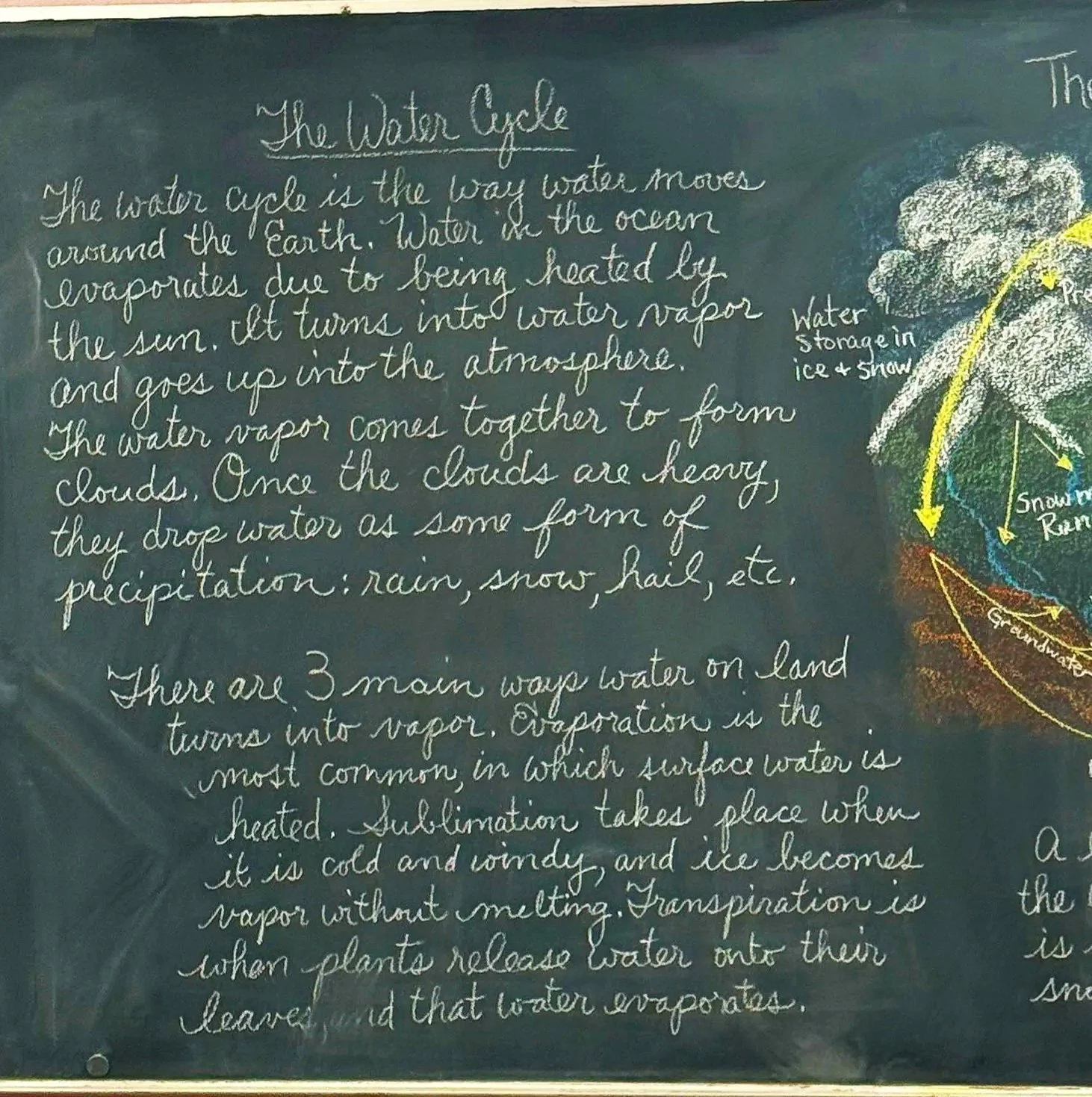
Why How Children Learn Matters More Than Ever
In a digital-first world, research shows that how children learn matters more than ever. Discover why handwriting, cursive, and a low-screen Waldorf education support deeper thinking, stronger literacy, and long-term academic success.

Santa Lucia: Spreading Hope, Light, and Nourishment
Discover how our Waldorf second graders celebrate the Santa Lucia festival—a beloved winter tradition that honors light, hope, and nourishment during the darkest time of year. Students dress in white, sing traditional songs, and share saffron buns and tea with the whole school, bringing warmth and joy to every classroom. Learn how this meaningful festival connects children to global cultural traditions, community, and the spirit of giving.

Delaying Smartphones for Middle Schoolers: What’s Developmentally Appropriate vs. Culturally Rushed
Parents feel the pressure to give their child a smartphone before they’re truly ready. New research from the American Academy of Pediatrics shows that early phone use can impact sleep, mental health, and healthy development. This article offers supportive, research-informed guidance to help families choose what’s developmentally appropriate over what’s culturally rushed.

The Advent Garden in Waldorf Schools: A Winter Tradition of Light, Peace, and Wonder
The Advent Garden, also known as the Spiral of Light, is a cherished winter tradition in Waldorf schools. In a quiet, candlelit space, children walk an evergreen spiral and light their own candle, creating a warm glow that symbolizes hope, inner light, and the quiet beauty of the season. This gentle ceremony reflects the heart of Waldorf education, offering a meaningful, developmentally appropriate way to welcome winter.

